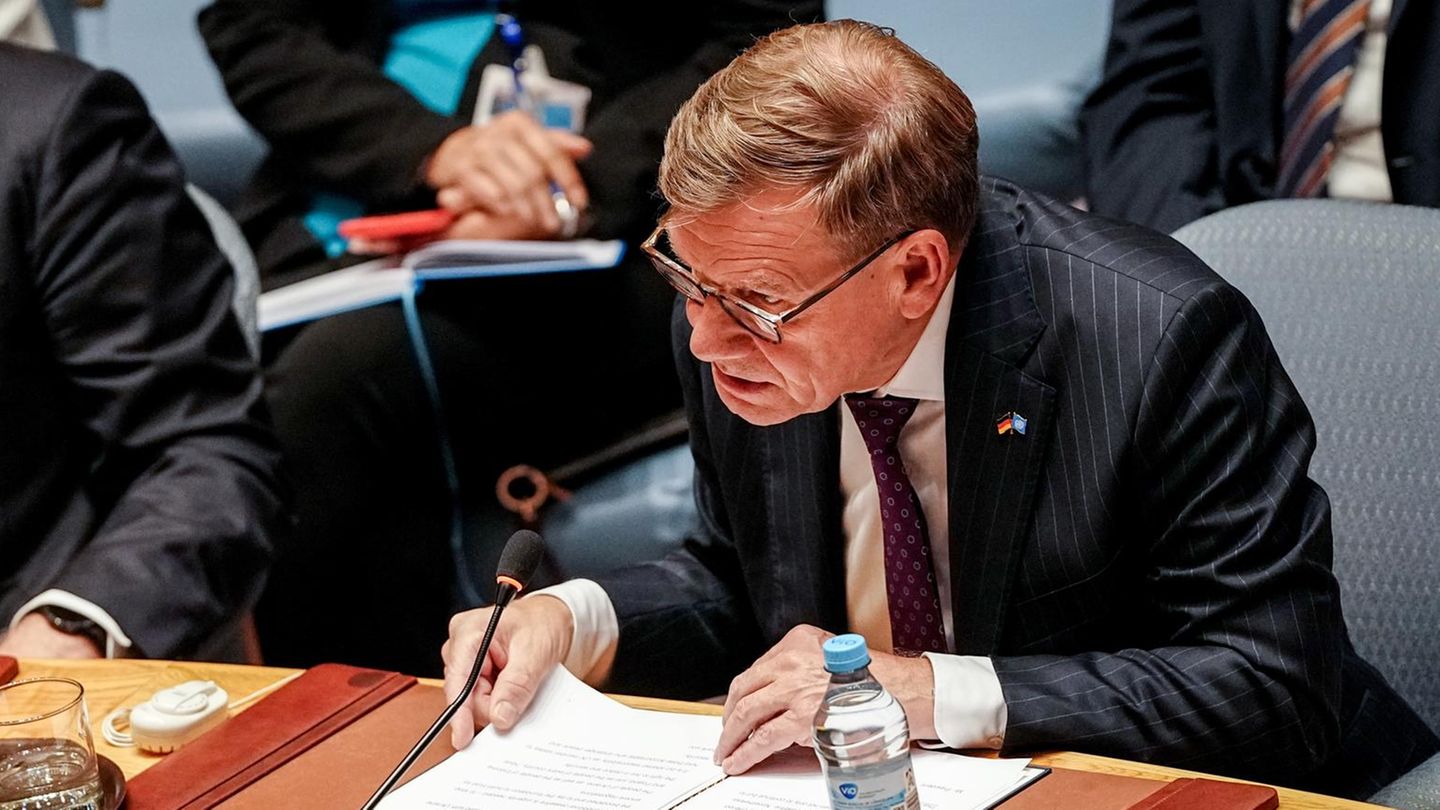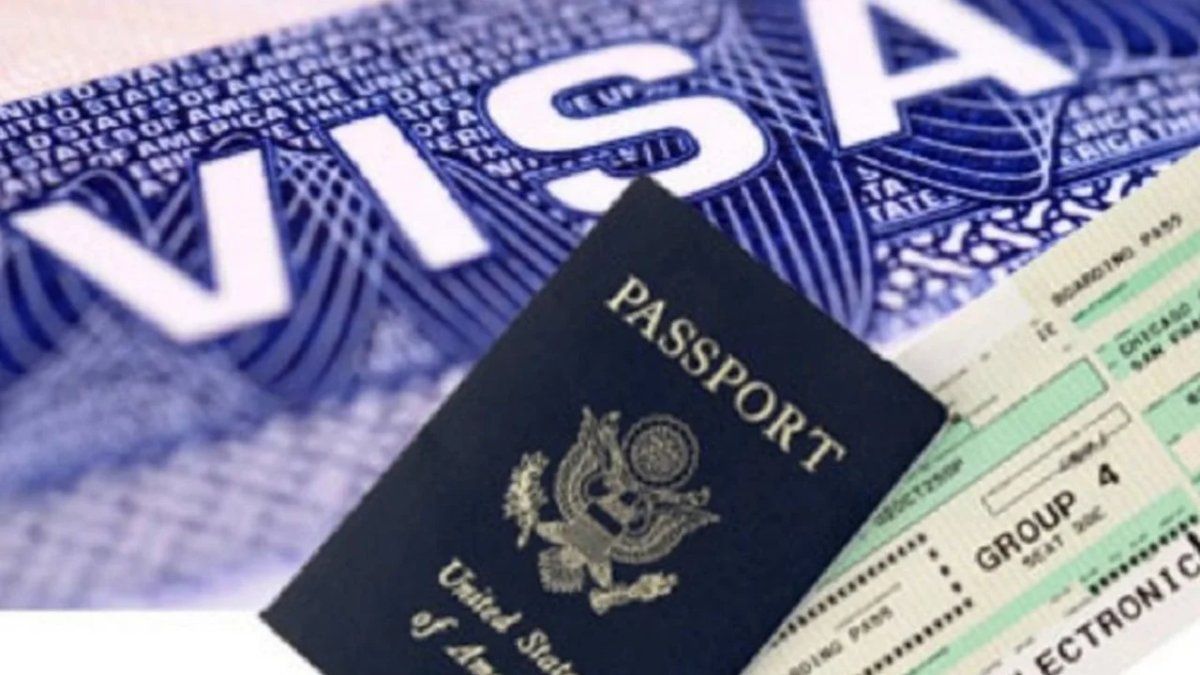Javier Milei: “When we had the best railway system in the world, it was English. We cannot continue with these levels of deficit, and the reality is that it is an oxymoron to have an entrepreneurial State, because it does not fulfill its role as an entrepreneur. The State in the middle should be removed, because The reality is that when the private sector does it, it does it much better.”
Milei promises to privatize Ferrocarriles Argentinos, a state company essential for the balanced territorial development of our country. And that promise reveals two things. On the one hand, a malicious omission of recent history and the negative impact of the privatizations of our railway system on thousands of towns and regional economies. And on the other, a profound ignorance of what is observed in the rest of the world, where the State is the main promoter, articulator and coordinator of the transportation system.
If we analyze the main railway companies in the world we can see that both Amtrak (USA), such as Renfe (Spain), TrenItalia (Italy), DB (Germany) or China Railways (China) They are companies under state control. All of them successful companies, with a strategic role in the development of local and international connectivity, both for passenger transport and cargo transport.
They are also companies dedicated to the design, execution and operation of the service both in their national territories and in other countries. Just to cite some references, in Spain, Renfe has a network of 4,000 km and China Railways, 38,000 km, and both have the two largest and most developed high-speed systems in the world, making their respective transportation systems more efficient and more sustainable. , and providing fundamental increases in productivity to their economies.
Contrary to what Milei proposes, who talks about the private sector without having ever managed a company, the States are not withdrawing, but are betting on this means of transport, financing ambitious expansion programs and exporting their know-how to other economies in the world. Decarbonizing mobility, reducing logistics costs and shortening travel times are public goods that can only be guaranteed by the State.
The railway concessions model of the 90s, presented as an example by the Libertad Avanza candidate, meant a reduction in the operational network, mainly affecting the long-distance segment and the connectivity of the interior of the country. Even in operational terms, a recent report from the Inter-American Development Bank shows that the branches that continued under private operation present worse operational performance than the state metropolitan branches.
For tourism, furthermore, the train is called to occupy a central place in the deepening of its expansion. There is a huge opportunity and an evident complementarity between the railway and the country’s tourism development. At the same time that we continue to optimize air transport, taking care of and improving Aerolíneas Argentinas and inviting other companies to continue growing as has happened with Flybondi and JetSmart these 4 years, improving and expanding local rail connectivity is a necessary condition to promote domestic tourism and federalize international incoming tourism, with new destinations, new products and new experiences.
Neither destroying nor finishing off are solutions to any of the problems that we obviously have. What it is about is building on what has been built. To learn from our history, our successes and our mistakes, to innovate, with initiative and audacity, offering creative responses to complex problems. Argentina is full of opportunities in a world that will demand everything we produce. In this horizon, tourism needs to be promoted. This is how we thought with Sergio Massa when we committed to guaranteeing the continuity of Previaje, a policy that saved thousands of companies and jobs, but that now redefines its objectives to deseasonalize activity, formalize employment and give predictability to the private sector so that can invest. Strengthening and expanding the train is part of that planning. And no, it is not a nostalgic reflection of a golden age; It is a completely rational decision, aimed at inserting ourselves into increasingly competitive and demanding markets that require a State. Present, obvious, but also efficient, innovative, creative and complementary to private effort. That’s where we’re going. Because our society asks us to go there.
Minister of Tourism and Sports
Source: Ambito
David William is a talented author who has made a name for himself in the world of writing. He is a professional author who writes on a wide range of topics, from general interest to opinion news. David is currently working as a writer at 24 hours worlds where he brings his unique perspective and in-depth research to his articles, making them both informative and engaging.



